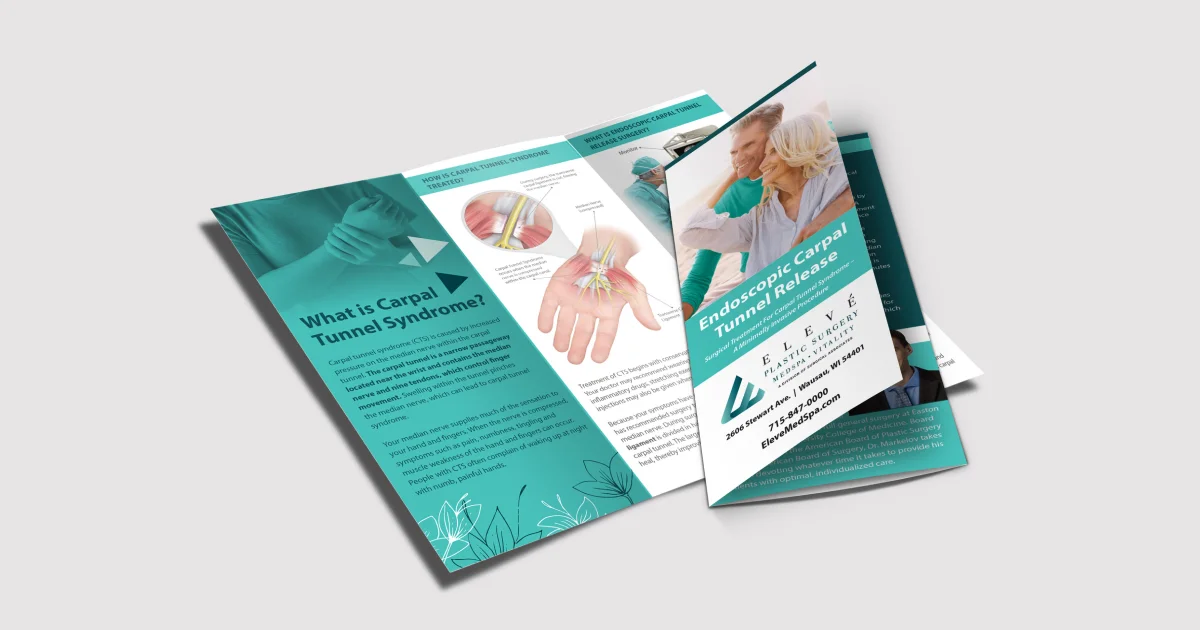Business
Trending
- How Toca Boca is Transforming Digital Play into a Creative Lifestyle
IntroductionDigital play has become an inseparable part of modern life. For children, teens, and eve...
Driving employee adoption of Microsoft 365: best practices for change champions starts with understanding the vital role change champions play in transformation. They act as trusted peers who influence colleagues. Their ability to connect, empathize, and communicate is key in supporting change across teams. This grassroots-level engagement helps employees feel confident exploring new tools. Change champions create a bridge between IT leadership and end users by translating technical updates into relatable benefits.
Building a Change Network
A structured network of change champions accelerates Microsoft 365 adoption. Organizations should identify champions from various departments to ensure diverse representation. These individuals will support communication and offer hands-on assistance. A well-distributed network means champions are readily available to their peers. Having a strong network in place fosters collaboration, trust, and faster issue resolution during rollout.
Setting Clear Objectives and Goals
Before launching Microsoft 365, champions need defined goals. Clear objectives help measure success and keep change efforts aligned. These might include increased usage rates or improved productivity. Specific goals help champions tailor their messaging and prioritize key functionalities. Tracking progress encourages continuous improvement and celebrates milestones across the organization.
Providing Early Access and Training
Early exposure allows change champions to become confident users of Microsoft 365. Giving them access before the full rollout enables hands-on learning and deeper understanding. Champions can identify potential user pain points and offer insights for smoother onboarding. Providing structured training equips them with the knowledge needed to guide others effectively.
Crafting a Strong Communication Strategy
Effective communication is critical to the adoption of Microsoft 365. Champions should tailor messages to different audiences within the organization. Focus on how tools solve daily challenges and enhance workflows. Regular updates and success stories keep momentum high. Avoid jargon and prioritize clarity to reduce confusion and build excitement.
Focusing on User Benefits, Not Features
To win support, highlight the practical benefits of Microsoft 365 rather than technical features. Explain how Microsoft Teams reduces email overload or how OneDrive simplifies file sharing. Framing tools in terms of efficiency and collaboration resonates better with users. This benefits-driven approach makes technology feel more accessible and necessary.
Encouraging Peer-to-Peer Support
Change champions should promote peer learning to boost adoption. When employees see coworkers using Microsoft 365 confidently, they are more likely to follow. Peer support fosters trust and lowers resistance. Champions can organize informal sessions or demos where users share experiences. This helps normalize new ways of working across departments.
Addressing Resistance Proactively
Not everyone will welcome change, and that`s natural. Champions must listen to concerns empathetically and respond with practical solutions. Offer reassurance about support and training availability. Avoid pushing adoption too aggressively, as this can backfire. Instead, create a safe environment where feedback is welcomed and acted upon quickly.
Showcasing Quick Wins
Highlighting quick wins builds confidence and sustains interest in Microsoft 365. Whether it’s faster team collaboration or reduced email volume, these improvements show tangible value. Share examples through newsletters or team meetings. When employees see the payoff, they are more likely to embrace broader functionality over time.
Tailoring Training for Different Roles
Not all employees use Microsoft 365 the same way. Champions should advocate for role-specific training based on daily tasks. Marketing teams may need SharePoint guidance, while HR benefits more from Forms or Planner. Personalized support ensures each team sees direct relevance. This targeted approach increases engagement and reduces learning curves.
Leveraging Leadership Support
Support from leadership reinforces the importance of Microsoft 365 adoption. Champions should work with executives to model usage and communicate expectations. When leaders actively use Microsoft 365 tools, it sets a cultural tone. Their involvement validates the change initiative and strengthens organizational commitment from top to bottom.
Creating a Feedback Loop
Adoption strategies must evolve based on user experience. Champions should collect feedback regularly through surveys or informal check-ins. This input helps refine communication, training, and support plans. A responsive feedback loop makes employees feel heard and valued. It also ensures solutions remain relevant as needs shift.
Celebrating Milestones and Success
Recognizing progress motivates continued adoption. Champions should celebrate milestones like completing a training phase or reaching usage targets. This can be done through shout-outs in meetings or internal newsletters. Celebrating success reinforces the value of change and encourages others to join in the momentum.
Utilizing Analytics to Guide Strategy
Microsoft 365 usage analytics provide valuable insights into adoption progress. Champions can use these metrics to identify which tools are underutilized or need more support. Data helps focus training efforts and adjust strategies as needed. Analytics-driven action leads to more informed decisions and efficient change management.
Maintaining Long-Term Engagement
Adoption doesn’t end after rollout. Champions should sustain engagement by promoting new features and updates. Continual learning opportunities like refresher courses or user groups keep skills sharp. Long-term commitment ensures Microsoft 365 remains an integral part of workflows. Champions act as ongoing advocates for improvement and innovation.
Recent Articles

About Admin
This post has been published by the admin of our website, responsible for content management, quality checks, and providing valuable information to our users.










